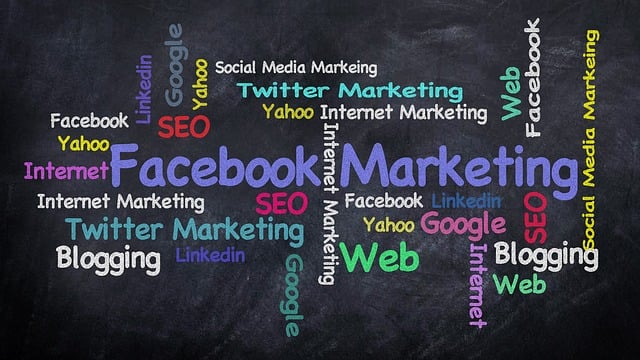AI ghost kitchens and upsell systems are revolutionizing food delivery, offering efficient solutions to minimize AI packaging waste through optimized kitchen management, menu planning, and customer interactions. Smart AI packaging waste reduction tools leverage data-driven design and advanced algorithms to enhance recyclability and promote circular economy practices, reducing carbon footprints and consumer preferences for precise product packaging. In the efficient world of ghost kitchens, these innovative solutions align with consumer demands for eco-friendly practices, contributing to a more sustainable food delivery ecosystem while enhancing customer satisfaction.
“In the dynamic realm of food delivery, Artificial Intelligence (AI) is cooking up a storm, transforming ghost kitchens into efficient hubs. This article explores the revolutionary impact of AI on these unseen culinary centers and their role in minimizing packaging waste.
We delve into how AI-powered upsell systems not only enhance revenue but also contribute to environmental sustainability through smart packaging solutions. By harnessing AI’s potential, ghost kitchens can optimize operations, reduce waste, and offer eco-conscious consumers a greener dining experience.”
- Unlocking Efficiency: AI Ghost Kitchens and Upsell Systems
- The Environmental Impact of Smart Packaging Solutions
- Maximizing Revenue While Minimizing Waste
Unlocking Efficiency: AI Ghost Kitchens and Upsell Systems

AI ghost kitchens and upsell systems are transforming the food delivery landscape, offering a promising solution for businesses aiming to enhance efficiency while reducing AI packaging waste. These innovative technologies leverage artificial intelligence to streamline operations, from kitchen management to customer interactions. By optimizing menu planning and ingredient sourcing, AI algorithms can minimize food waste, ensuring that only the necessary ingredients are purchased, thus reducing environmental impact.
Furthermore, AI-driven upsell systems provide personalized recommendations to customers during their ordering process. This not only improves customer satisfaction but also increases sales. For example, suggesting complementary items or upgrades based on past orders and preferences can lead to higher revenue without generating excessive packaging waste. This dual benefit of efficiency and sustainability makes AI a game-changer in the food delivery industry.
The Environmental Impact of Smart Packaging Solutions

Smart packaging solutions powered by AI are emerging as game-changers in the fight against packaging waste. These innovative systems leverage advanced algorithms and data analytics to optimize every step of the packaging process, from design to disposal. By minimizing material usage, enhancing recyclability, and promoting circular economy practices, AI-driven packaging tools offer a sustainable alternative to traditional methods.
The environmental benefits are significant, with reduced carbon footprints, less reliance on non-renewable resources, and decreased end-of-life waste generation. Moreover, these solutions enable businesses to better predict consumer preferences, leading to more accurate product packaging—further cutting down on unnecessary material and resources.
Maximizing Revenue While Minimizing Waste

In the realm of ghost kitchens, where efficient operations are paramount, AI-driven upselling systems offer a strategic approach to maximizing revenue while minimizing waste. These innovative tools can analyze customer preferences and order patterns, suggesting complementary products or upgrades that increase order value without generating excessive packaging waste. By leveraging machine learning algorithms, AI packaging waste reduction tools can predict demand, optimize inventory management, and streamline the ordering process, ensuring that resources are utilized judiciously.
This data-driven approach not only enhances customer satisfaction by offering tailored recommendations but also allows kitchen operators to make informed decisions about their sourcing and packaging strategies. By minimizing overproduction and unnecessary packaging, ghost kitchen businesses can contribute to a more sustainable food delivery ecosystem, aligning with the growing consumer demand for eco-friendly practices in today’s digital era.
AI-driven ghost kitchens and upsell systems offer a promising path forward for the food industry. By leveraging smart technology, these innovations not only enhance operational efficiency but also contribute to environmental sustainability through reduced packaging waste. As we navigate the future of food delivery, adopting AI packaging waste reduction tools becomes essential in maximizing revenue while minimizing our ecological footprint.
